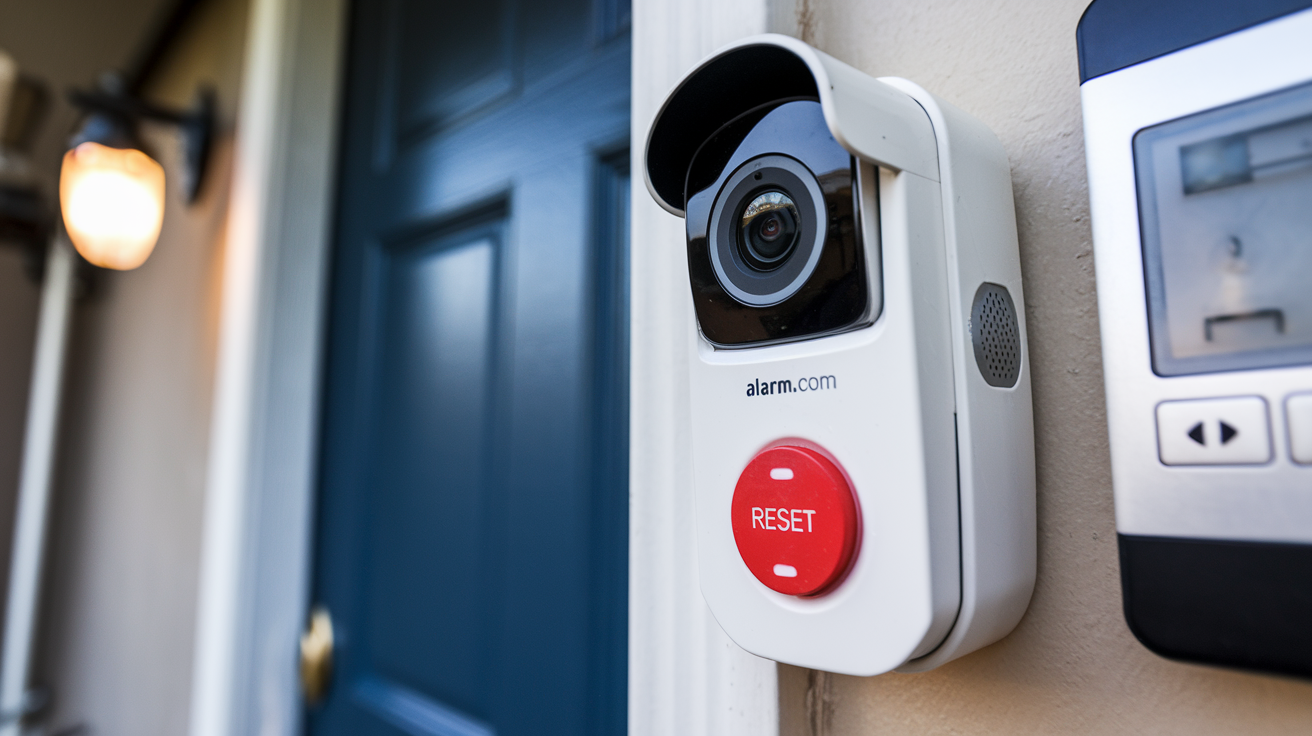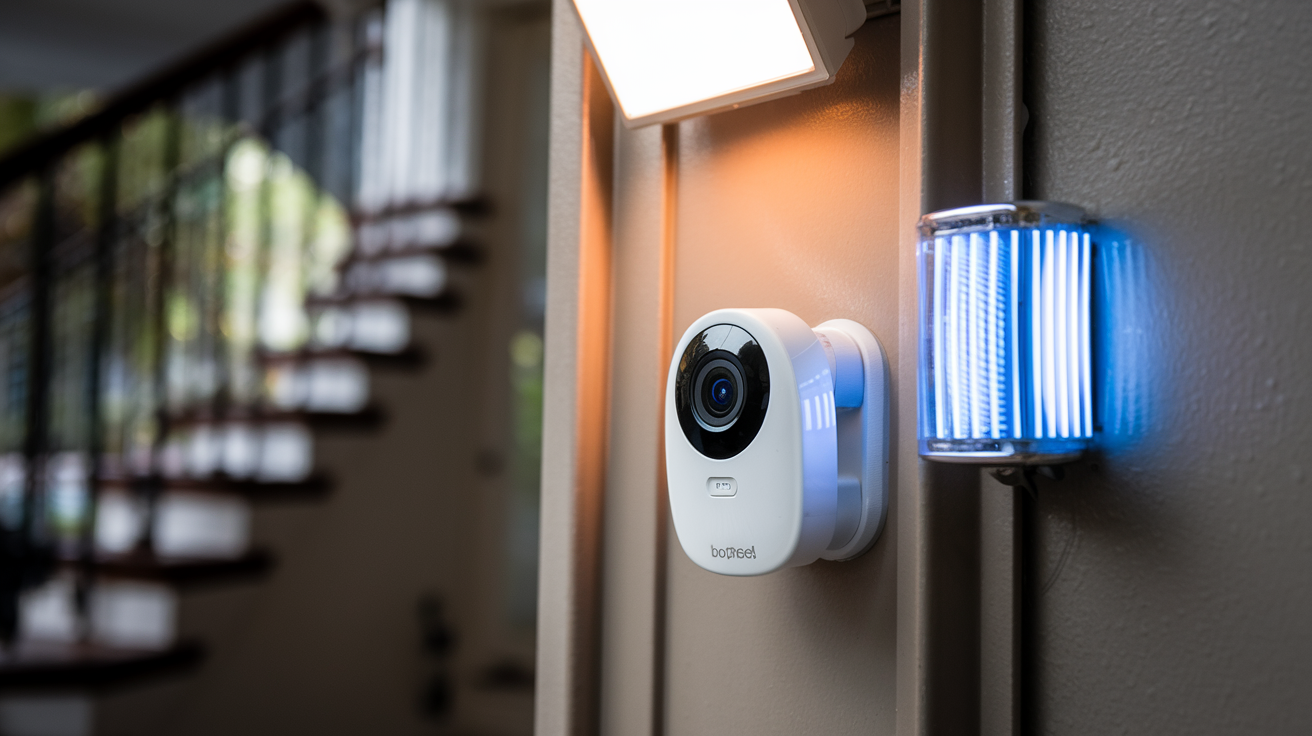Bed alarms are the gadgets that make the nursing staff aware that a particular resident is out of bed or is attempting to get out of bed. These alarms are normally made up of a sensor pad that is put on the bed under the sheets near the edge. The sensor pad has a feature that causes an alarm to be triggered when the weight of the resident has been taken off the pad. Bed alarms are utilized for residents considered at risk of falling or those who should not attempt to stand on their own. However, the use of these devices has been contentious in some nursing homes While the use of these devices has been contentious in some nursing homes,
Possible advantages of bed alarms
Some of the benefits of bed alarms that have been pointed out include; Slipping and falling are among the frequent incidents that occur in the nursing homes, and they lead to physical injuries – particularly among the elderly. Bed alarms also give an additional cue to the staff that a resident is attempting to stand up and alert the staff before a fall can take place. This could do much to help prevent the many needless accidents that happen all too frequently. Bed alarms may also eliminate the risk of using physical restraint for a resident who might wander off unsafely but an alarm will ring if they attempt to leave the bed.
Fears for Residents’ Welfare and Federal Laws
However, critics argue that bed alarms deprive the rights and dignity of a resident and the device contravenes the federal nursing home standard if not applied appropriately. Nursing home residents also have a legal right to receive respect for their rights by the facility and the right not to be restrained. The worry here is that bed alarms serve as restraints because the resident feels that they cannot stand up without triggering the alarm. This loss of autonomy can be distressing and undignified. Furthermore, the use of bed alarms inappropriately would infringe on the federal rules that protect patients from being restrained in a way that has little therapeutic benefit and could harm them.
Risk of Overuse and distress to the Residents with Dementia
There are additional concerns that bed alarms are frequently used excessively in nursing homes without informed consent and assessment. They should not be the go-to intervention for any resident who is considered a fall risk by default. Their usefulness should be heavily weighed in the determination of whether they are necessary and permission from the residents and their families should be sought. In other cases, especially when the residents have dementia, it becomes counterproductive, as they may not understand why the alarm sounds, and when they hear it, they are left with no option but to wander around aimlessly and endanger themselves.
Bed Alarm Usage Guidelines
The key questions for nursing homes to consider regarding bed alarm usage are:
Bed alarms do indeed have a rightful place in nursing homes in that they may help to avoid falls in the residents categorized as high risk. Nevertheless, it is crucial to attain consent, using the least restraints, assessing for relevance before applying those gadgets, and weighing for potential harm to the residents to ensure that security does not overshadow the rights of the residents. It is important and necessary for the nursing staff, the residents, and their families to decide on the use of the bed alarm cautiously on a person-by-person basis. Used properly by federal guidelines and other industry standards, nursing homes can probably find bed alarms’ role in range fall prevention acceptable.
Protect your home today with ADT’s top-rated security solutions!
Call now at +1 877-470-7879 to get a free consultation and find out how you can secure your home with the best in the business. Don’t wait—ensure your peace of mind with ADT!







